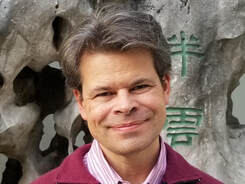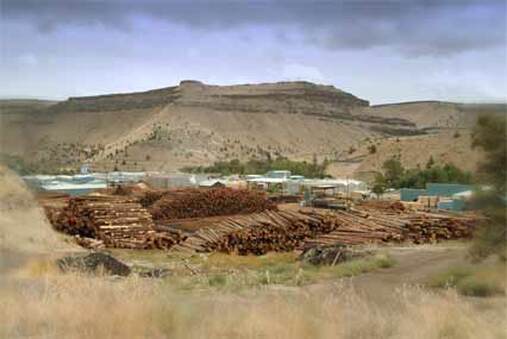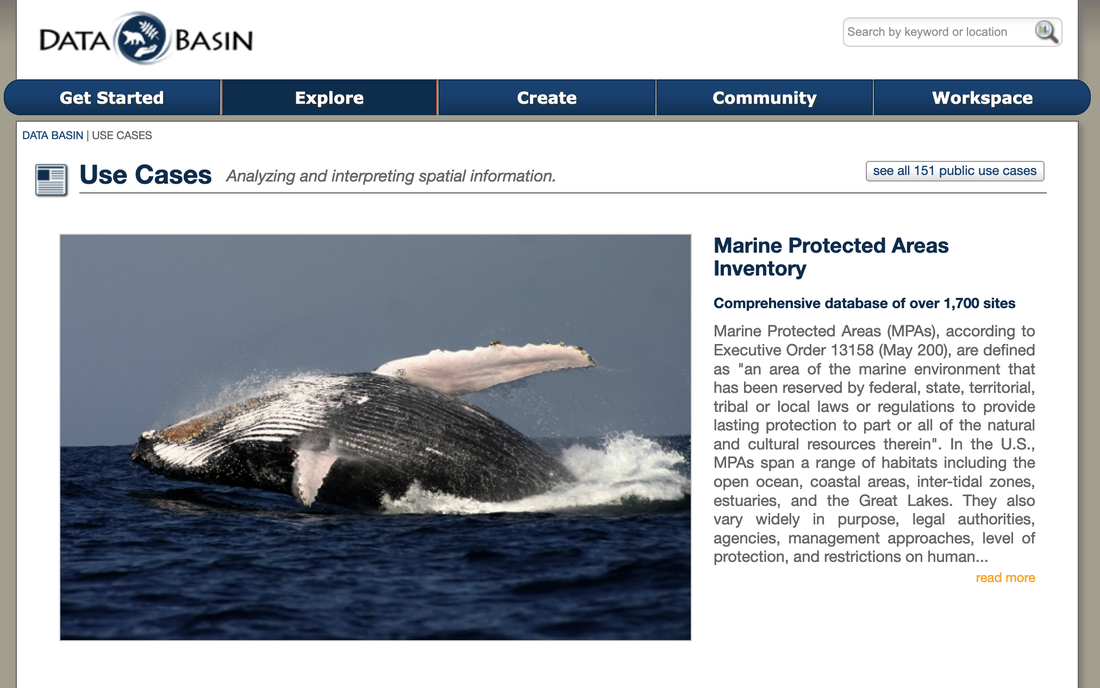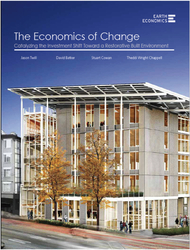Autopoiesis LLC Additional Projects
Dr. Stuart Cowan, Co-Founder

Stuart is Co-Founder of autopoiesis, llc, and participated in many of its projects from 2005 to 2014 before assuming a non-active role as Limited Partner. He is currently the Executive Director of the Buckminster Fuller Institute.
Stuart grew up in the magnificent coastal temperate rainforests of Vancouver Island, and maintains a life-long passion to understand and sustain living systems. He is fundamentally committed to the flourishing of both biological and cultural diversity, seeing in each a deep expression of the creativity and playfulness of the universe. Stuart brings 25 years of experience in regenerative design, finance, and systems and is a skilled design thinker, researcher, transformations architect, and leader of transdisciplinary initiatives.
Stuart was the Founding Director of the Regenerative Communities Network, a project of Capital Institute, and served as Director from its launch in 2018 to 2020, supporting 14 bioregions on 4 continents on their journeys of place-sourced resilience & regeneration. In this role, he supported shared infrastructure around leadership, education, systems mapping, regenerative design and planning, evaluation and metrics, and access to regenerative capital. Previously, he was the Chief Scientist for Smart Cities Council from 2015 to 2017.
Stuart served as a Transaction Manager and founding team member with Portland Family of Funds, an innovative sustainable community fund. He played a key role in its successful effort to obtain multiple allocations of federal New Markets Tax Credits for the Portland Development Commission and external clients to deploy on green real estate development and ecological forestry projects. He helped develop a triple bottom line investment strategy for Portland Family of Funds and its national affiliate, United Fund Advisors, LLC, which have together closed $3 billion in transactions, generating 21,000 jobs.
He served as Conservation Economy Research Director at Ecotrust, an innovative sustainability non-profit in Portland. He led the development of the Reliable Prosperity framework for a regenerative bioregion. This framework provides a fractal integration of patterns of natural, social, and economic capital, and has been used internationally for strategic planning purposes. While at Portland Family of Funds, he helped Ecotrust secure its first $50 million allocation of federal New Markets Tax Credits for ecological forestry projects.
He is the co-author with Sim Van der Ryn of Ecological Design (Island Press, 1996/2007), a visionary overview of the whole systems integration of ecology and architecture, land-use planning, and product design that has been translated into Japanese, Korean, and Mandarin and was reissued in a special Tenth Anniversary edition. This book has become a standard reference on creating a restorative built environment, used in universities and design practices around the world.
He received his doctorate in Applied Mathematics from U.C. Berkeley with a focus on complex living systems and ecological economics. He has taught at Bainbridge Graduate Institute, U.C. Berkeley, Portland State University, and Naropa University. He has also presented and facilitated internationally for cities, companies, state and federal agencies, and other clients.
Community Finance

Autopoiesis LLC structured, sourced, and secured $4.5 million in tax-advantaged state bonds, community loans, and capital campaign donations, facilitating the renovation of an historically significant 1920s structure into a much-needed new wing of the Cedarwood Waldorf School.
Ecological Forestry and Green Real Estate Development
One Planet Living

Autopoiesis LLC worked with Sonoma Mountain Village and BioRegional North America on financing strategies for large-scale projects meeting the visionary One Planet Living standard - bringing ecological footprints of residents to a globally sustainable level.
Rural Community Development Federal New Market Tax Credits

In 2008, Autopoiesis LLC helped a leading rural Community Development Entity secure an $85 million allocation of federal New Markets Tax Credits, allowing tens of thousands of acres to be transitioned to FSC certified forestry while stabilizing rural communities with long-term local job creation. From 2003-4 Stuart Cowan served as a Transaction Manager and founding team member with Portland Family of Funds, an innovative triple bottom line community fund. He played a key role in its successful effort to obtain multiple allocations of federal New Markets Tax Credits to deploy on green real estate development and ecological forestry projects. He helped develop a triple bottom line investment strategy for Portland Family of Funds and its national affiliate, United Fund Advisors, LLC, which have together closed $3 billion in transactions, generating 21,000 jobs.
Financing Tribal Renewable Energy Projects
Warm Springs Biomass Project

During 2008 and 2009, Autopoiesis LLC worked on the development and financing of a major biomass project for the Confederated Tribes of Warm Springs. This territorial-scale project would have complemented the FSC certification for most tribal forest lands with power production from restoration thinning and other forest operations.
Tribal Renewable Energy

Autopoiesis LLC worked with a tribe to establish a Renewable Energy Development Authority to allow tribal ownership and economic benefit from solar, wind, biomass, and other renewable resources. We also helped secure federal seed funding for the Authority.
Systems Transformation
Open Source Conservation

|
Autopoiesis LLC provided strategic planning for the Conservation Biology Institute on its Data Basin project, a science-based mapping and analysis platform that supports learning, research, and sustainable environmental stewardship. |
Economics of Change

Autopoiesis LLC was part of a Bullitt Foundation and MacArthur Foundation supported research team working to catalyze the investment shift toward a restorative built environment. This long-term, international project engaged appraisers, lenders, developers, and owners to build transparent, open source models of ecosystem service and social value creation in buildings, neighborhoods, and cities. Key partners included Jason Twill, Theddi Wright Chappell, Earth Economics, and the International Living Futures Institute.
| the_economics_of_change.pdf | |
| File Size: | 1056 kb |
| File Type: | |